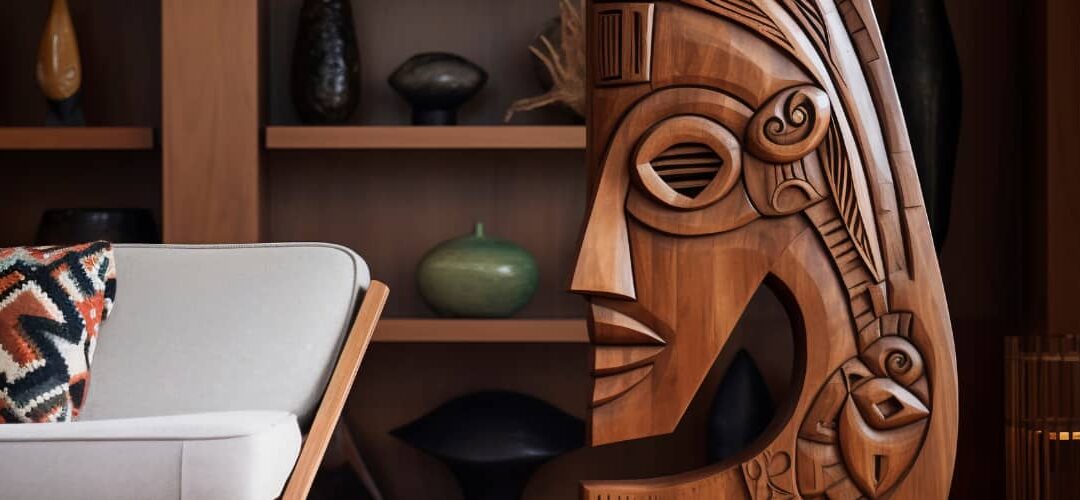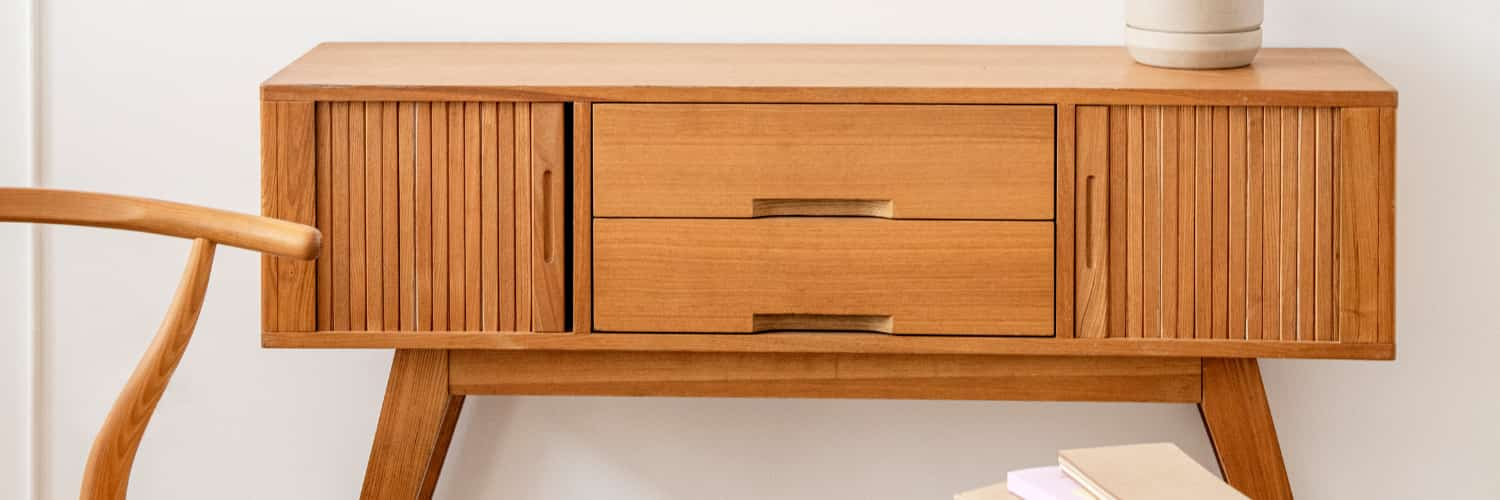Malaysia is a global leader in furniture manufacturing and exports, supplying high-quality wooden, metal, upholstered, and rattan furniture to international markets. To maintain product reliability and regulatory compliance, businesses must implement furniture inspection and supplier verification to ensure that manufacturers meet industry standards.
At Mars Quality, we provide comprehensive furniture inspection in Malaysia, helping businesses detect defects, verify materials, and assess supplier reliability before production and shipment. Our expertise in supplier audits and quality control ensures that furniture buyers receive high-quality, defect-free, and compliant products.
The Furniture Industry in Malaysia
The Malaysian furniture industry has been a major force in the country’s manufacturing and export sectors for a long time. Known for its high-quality wooden furniture, creative designs, and competitive pricing, Malaysia has successfully positioned itself as a leading furniture exporter in Southeast Asia. Over the years, the industry has grown stronger, constantly seeking ways to expand its international reach.
The country has several furniture manufacturing hubs, including:
- Kuala Lumpur – A major hub for furniture design and innovation.
- Penang – Home to large furniture exporters and manufacturing facilities.
- Johor Bahru – A leading center for furniture production and supply chain operations.
- Selangor – High-tech factories specializing in wood, metal, and modular furniture.
- Melaka – Traditional craftsmanship hub, known for custom wood furniture.
- Kuching & Kota Kinabalu – Growing furniture manufacturing zones in East Malaysia.
Export Performance
Industry reports show that Malaysian furniture exports reached about USD 3.42 billion in 2022, with the United States being the largest buyer, representing more than 30% of export value. Other significant markets include Japan, Singapore, Australia, and the United Kingdom. This steady export performance can be linked to Malaysia’s rich supply of timber, relatively low labor costs, and a solid manufacturing foundation. The government has also played a major role by offering incentives that encourage investment in modern equipment, sustainable methods, and better design capabilities—all of which help Malaysia remain a top furniture hub.
Craftsmanship and Sustainability
One major reason for the industry’s success is Malaysia’s reputation for producing top-quality, wood-based furniture. Many companies rely on rubberwood, acacia, and other locally sourced timbers because they are durable and visually appealing. Recently, there has been a greater focus on eco-friendly practices and the use of certified, sustainable materials to meet the global demand for greener products. By keeping pace with international standards, Malaysia has built a strong image as a responsible exporter that values both quality and the environment.
E-Commerce and Changing Consumer Preferences
The rise of e-commerce and digital marketing has also played a big part in the industry’s development. Many Malaysian furniture manufacturers have launched online showrooms and used social media to reach a wider customer base, both at home and overseas. This shift helps them stay competitive and cater to changing consumer needs, particularly as more people look for space-saving, multifunctional furniture in urban areas where living space can be limited.
Challenges in a Competitive Landscape
Despite its strengths, Malaysia’s furniture industry faces challenges such as increasing production costs, uncertain global economic conditions, and stiff competition from countries like Vietnam and Indonesia, which can offer lower labor costs and fast-growing manufacturing capabilities. Global events have led to supply chain disruptions in recent years, causing companies to rethink their sourcing strategies. As a result, many are exploring alternative materials and reinforcing local supply chains to remain resilient.
Government Support and Future Outlook
Even with these hurdles, the Malaysian furniture industry still has plenty of room for growth. Agencies like the Malaysian Timber Council (MTC) and the Malaysian Furniture Promotion Council (MFPC) continue to provide crucial support in the form of grants, training, and promotional activities. They place a strong emphasis on design innovation, modern production practices, and building relationships with international buyers. Alongside this, efforts to develop a skilled workforce through technical training programs and collaborations with design schools ensure that the industry remains creative and adaptable.
Supplier Verification in Malaysia: Why It Matters
When sourcing furniture from Malaysia, verifying suppliers is crucial. The right partner can help maintain consistent quality, while the wrong one risks delays, subpar products, and contractual disputes. A comprehensive supplier verification audit examines a manufacturer’s overall capacity, ensuring they have the technical expertise, sufficient machinery, and reliable workflows to fulfill orders of varying sizes.
Key areas to evaluate include:
- Machinery and Workforce: Confirm that equipment is well-maintained and staff receive regular training.
- Compliance with Standards: Look for adherence to ISO, EN, ASTM, and BIFMA requirements, which guarantee safe and durable products.
- Quality Control Processes: Assess internal testing methods and inspections that maintain consistent output.
- Sustainability Practices: Investigate raw material sourcing for certifications (e.g., FSC) and eco-friendly policies.
Sustainability has become a priority in global markets. By reviewing timber origins and examining how a supplier handles waste and emissions, importers can ensure they are working with environmentally responsible manufacturers.
Potential risks often uncovered during audits include:
- Inexperienced Subcontractors: Poorly vetted partners can lead to missed deadlines or reduced quality.
- Inadequate Storage Facilities: Overcrowded or poorly managed warehouses can damage materials and products.
- Outdated Equipment: Inefficient machinery can slow production and increase the chance of defects.
Identifying these red flags early allows importers to address issues or switch to more dependable partners. Ultimately, thorough supplier verification in Malaysia protects brand reputation, prevents costly setbacks, and fosters stronger international business relationships.
Types of Supplier Verification Services in Malaysia
📋 Factory Audits
Assessing manufacturing processes, worker conditions, and quality control systems to ensure that suppliers meet required standards.
🏢 Business Verification
Confirming supplier legitimacy, company history, and legal registrations to verify credibility before entering into contracts.
⚖️ Social Compliance Audits
Ensuring suppliers comply with labor laws, workplace safety regulations, and ethical standards to support responsible sourcing.
🛠️ Production Capability Assessment
Evaluating supplier machinery, workforce expertise, and production capacity to determine if they can fulfill bulk orders.
📑 Pre-Contract Supplier Audits
Helping businesses make informed decisions before signing agreements, reducing the risk of unreliable partnerships.
Supplier verification ensures that buyers partner with reliable manufacturers who deliver consistent, high-quality furniture.
Types of Furniture Manufactured in Malaysia
Malaysia produces a diverse range of furniture, requiring specialized inspection and quality checks.
1. Wooden Furniture
- Hardwood furniture (teak, oak, mahogany) – Durable and premium-quality.
- Softwood furniture (pine, cedar) – Cost-effective but requires moisture resistance testing.
- Engineered wood furniture (MDF, plywood) – Needs adhesive strength and finishing inspections.
2. Upholstered Furniture
- Sofas, recliners, and armchairs with fabric, leather, or synthetic upholstery.
- Foam density and spring mechanisms determine product comfort and longevity.
Inspection Focus: Cushion firmness, stitching quality, fire resistance, and frame stability.
3. Rattan & Bamboo Furniture
- Popular in eco-friendly furniture production, but prone to moisture and pest damage.
- Requires proper curing and finishing to ensure durability and long-term use.
Inspection Focus: Weaving consistency, termite resistance, and structural integrity.
4. Metal Furniture
- Used in office, industrial, and outdoor furniture applications.
- Frames made from stainless steel, aluminum, or iron must be rust-proof and structurally strong.
Inspection Focus: Welding quality, rust resistance, and weight-bearing capacity.
5. Office & Commercial Furniture
- Desks, chairs, cubicles, and modular office furniture.
- Must comply with ergonomic design, fire safety, and durability standards.
Inspection Focus: Stability, material strength, weight capacity, and mobility of components.
6. Outdoor Furniture
- Garden chairs, patio sets, and poolside loungers.
- Exposed to UV rays, humidity, and harsh weather conditions.
Inspection Focus: Weather resistance, UV protection, and corrosion-proof materials.
Each furniture type requires specialized quality inspection to prevent manufacturing defects and ensure compliance.
Common Defects Found During Furniture Inspections in Malaysia
Even high-end furniture manufacturers in Malaysia may produce defective items. Mars Quality’s inspection services help businesses detect:
- Surface Defects: Scratches, stains, uneven finishing, or discoloration.
- Structural Weaknesses: Loose joints, weak frames, or improper assembly.
- Manufacturing Defects: Misaligned components, rough edges, or poor craftsmanship.
- Material Issues: Warped wood, weak upholstery, or low-quality padding.
- Non-Compliance with Regulations: Safety hazards, missing labels, or fire-resistance failures.
Detecting these issues before shipment ensures that buyers receive top-quality furniture.
Types of Furniture Inspections in Malaysia Provided by Mars Quality
🛠️ Initial Production Inspection (IPI)
Assessing raw materials, wood quality, and upholstery durability before production begins to prevent defects from the start. Learn more about Initial Production Inspection services.
🔍 During Production Inspection (DUPRO)
Identifying manufacturing defects in mid-production, allowing manufacturers to address issues before large-scale production continues. Learn more about During Production Inspection services.
📦 Pre-Shipment Inspection (PSI)
Ensuring final product quality, compliance with customer requirements, and verifying proper packaging before shipment. Learn more about Pre-Shipment Inspection services.
🚛 Container Loading Inspection (CLI)
Verifying secure packing, proper handling, and container conditions to prevent transit-related damage during transportation. Learn more about Container Loading Inspection services.
Using third-party furniture inspection services helps businesses prevent costly returns and ensures product compliance.
Why Choose Mars Quality for Supplier Verification and Furniture Inspection in Malaysia?
Our team operates across Malaysia’s key furniture manufacturing cities, including Kuala Lumpur, Penang, Johor Bahru, Selangor, Melaka, Kuching, and Kota Kinabalu.
Our Advantages:
- Experienced Inspectors – Specialists in furniture quality control and supplier audits.
- Comprehensive Testing – Evaluating material strength, durability, and finishing quality.
- Detailed Reports – Providing photo-supported assessment reports with actionable insights.
- Real-Time Updates – Allowing clients to make quick decisions and prevent delays.
Partnering with Mars Quality ensures that businesses receive high-quality, defect-free, and compliant furniture inspection in Malaysia from verified manufacturers.
Conclusion
The furniture industry in Malaysia is growing, but ensuring supplier reliability and product quality is crucial. With professional furniture inspection and supplier verification services, businesses can eliminate risks, enhance quality, and ensure compliance.
For trusted supplier verification and furniture inspection in Malaysia, contact Mars Quality today.


